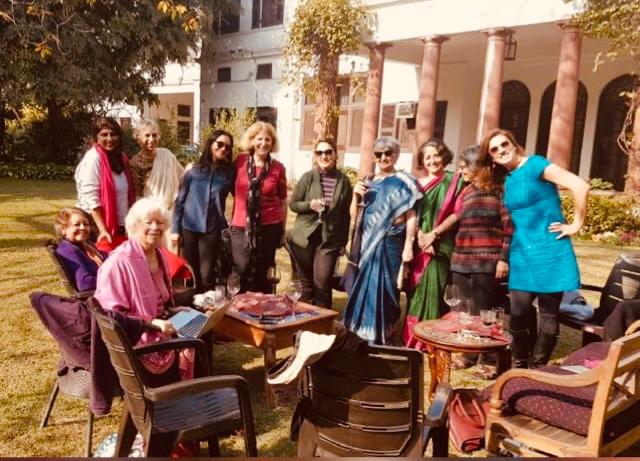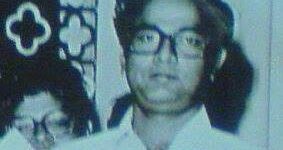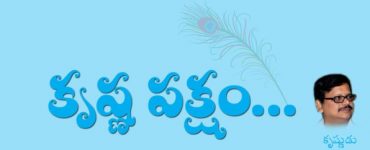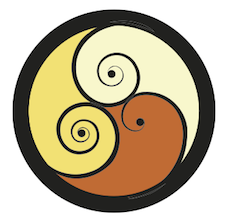It was sometime in 1986-87 that I saw Sujatha for the first time. It was at a poetry workshop conducted by Nissim Ezekiel at the India International Centre, New Delhi. The workshop began with blind readings. The participants had submitted their poems earlier. All the selected poems had been printed out without credits and circulated for the workshop. We were to read out the poem that was on the table in front of us; the proviso being that it shouldn’t be the one the reader had submitted herself. As soon as I heard the first line of my poem I asked my neighbour who the reader was. This was the first time I was hearing the strong, sonorous voice of Anna Sujatha Mathai. Of course, I had heard of her; she was already a celebrated poet. But this was the unforgettable first meeting in which my words came back to me transformed by the elegant, beautifully dressed woman with the perfect enunciation. My words were no longer pell-mell or tentative in the way I had intended. The poem entitled ‘Fritter, Fretter, Fibber’ meant to suggest evasions to which a woman might resort had become a critique of the one who would fritter, fret or fib in Sujatha’s voice.
When we got to know each other in our writing group, several years later, I quickly realised that Sujatha had no patience for tentativeness of any kind. She was the kind of writer to whom poetry is vocation and who did not pull her punches in acknowledging it. She never consciously tried to be politically correct; she did not worry about being called elitist — these are dilemmas that writers, especially those who write in English, are often subject to. But Sujatha did not worry and didn’t need to. She possessed an unerring political instinct; a natural affinity with fellow human beings that was always evident in her poetry — when she wrote about women, about suffering, about grief:
And even our mothers denied us.
In the hour of darkness they
cut off our hair, shaved our heads
burnt us on the funeral pyre,
burnt us in our homes,
our brothers inherited the earth.
Or when she despaired of Delhi, the city she was living in:
I cannot save my city
Against the degradation of dust.
In the writers’ group, like everyone else, I too was mesmerised by her voice, her grace, and her breathtaking collection of Kanjivaram sarees. She appreciated good food which was invariably served at all our meetings that used to take place in our homes. It was an all women’s writing group and at times the younger entrants complained that the way we go on; it should be renamed the eating (and drinking) group. However, Sujatha like most of the original members was an amazing cook and not the one to undermine the significance of a delicious meal served lovingly to sister-writers. She became a friend and an inspiration to me. I continue to feel a deep admiration for the beauty she created in all spheres of her life with writing as the centre of her identity. This is the way I will remember her always — as a people’s poet for women.
She continued to attend our meetings even when her health began to fail. A profile in courage she would be there with her portable oxygen cylinder and the cannula. And she would read — portions from her essays; new poems. She would discuss the politics of communalism, something that she abhorred from the bottom of her big secular heart. She wrote feelingly about those who had become victims of the rising tide of sectarianism. She was characteristically fearless, something that we all aspired to be in our personal lives and in our writings. It is difficult to imagine the group without her but then our women writers’ group, for reasons unspecified, had already ceased to be.
In those last days when Mala Bali, another member of the erstwhile writers’ group, and I visited her I asked whether she would like me to pray with her. She shook her head and said she would rather we read out to her from her books. We recited to her, her early verse. It was about women and grief — and it was a bonding, a sisterhood — a deeply spiritual experience that she gave us, a parting gift.
A week before she passed away I called her and we spoke on the phone. She knew the end was coming. She told me she would like it if I wrote something — anything — about her.
So here it is, Sujatha.
Thank you for living your life beautifully and making me realise how special the bonds between women writers can be.
http://anuradhamarwah.com









Add comment